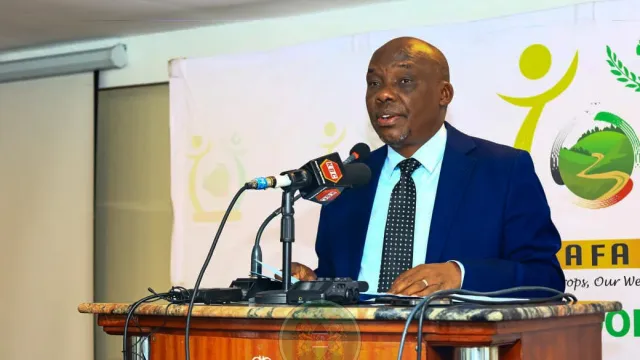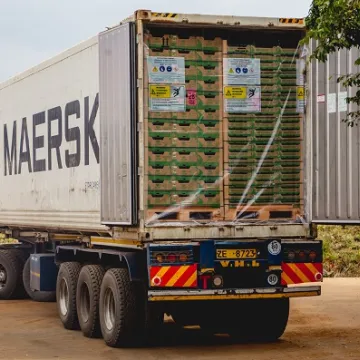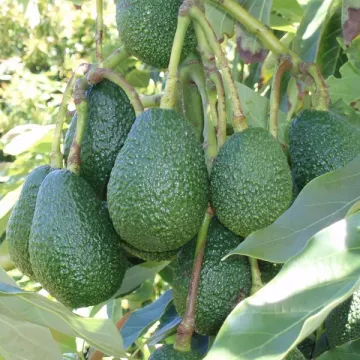Fresh produce exports struggle under strong shilling and weak demand

Dr. Kipronoh Ronoh Paul, the Principal Secretary, State Department for Agriculture in the Ministry of Agriculture and Livestock.
Earnings from fresh produce exports decreased by KES19.4 billion (about $150 million) last year on account of lesser shipments in Kenya's key markets in Europe and new destinations in Asia, compounded by the strengthening of the Kenya Shilling against the US dollar.
According to the State Department of Agriculture, Kenya earned KES137 billion ($1.06 billion) from horticultural exports in 2024 compared to $1.21 billion realized in the previous year.
Dr. Kipronoh Ronoh Paul, the Principal Secretary (PS) of the State Department for Agriculture in the Ministry of Agriculture and Livestock noted that the drecrease in shipments is partly due to the strengthening of the Kenya Shilling during the year, a move that weakened demand of the country's fresh produce in key markets.
Additionally, the industry suffered from a myriad of other challenges including shipment woes afflicting the Red Sea, a vital artery for Europe-bound fresh produce from Kenya, the PS explained. With the Red Sea route marred by conflict persistent attacks on shipping lines by the Houthis in Yemen, many exporters are now forced to use alternative routes.
"The change of export routes not only lengthened transit times for those highly perishable products but also increased airfreight costs," PS Ronoh said.
His assertion comes just over a month since fruit exporter Kakuzi told shareholders and the public that its 2024 profit will decrease by over 25 percent citing negative impact on the business due to persistent disruptions bedeviling the Red Sea zone.
"The Red Sea route to our main European markets is effectively closed. The longer journey times, around the Cape," Nicholas Ng'ang'a, Kakuzi PLC Board Chairman said in a statement dated 26th November, 2024.
He added, "The anticipated drop in full-year earnings is mainly a result of lower turnover from avocado exports arising from a lower crop and supply chain disruptions due to the prevailing Middle East geopolitical tensions."
According to logistics giant Maersk, ships continue to use the Cape of Good Hope in South Africa route to access European and North American markets, an option that is increasingly driving up both transit times and operational costs.
Meanwhile, PS Ronoh has inaugurated the National Horticulture Standing Committee, chaired by Dr. Collins Marangu. The committee is expected to tackle key challenges in the agriculture sub-sector including, False Codling Moth (FCM) that affects fruits and flowers, Maximum Residual Levels (MRLs) notifications for beans and peas, and the need for market and product diversification.
Traditionally, horticulture is a big export earner for Kenya with vegetables, fruits and cut flowers making the bulk of fresh produce that is shipped to Europe and other emerging markets.
Currently, while vegetables and fruits including sweet pea, runner beans, Asian vegetables, avocados, mangoes account for the largest shipment volume, flowers, primarily targeting buyers in European countries, generate the bulk of the revenue.
Despite steady growth in recent years, PS Ronoh added that the country's horticulture industry faced huge hurdles last year, with climate change, high input costs, pests and diseases management, market competition, and stringent regulatory requirements in export markets, which eroded the competitiveness of the country's produce.





